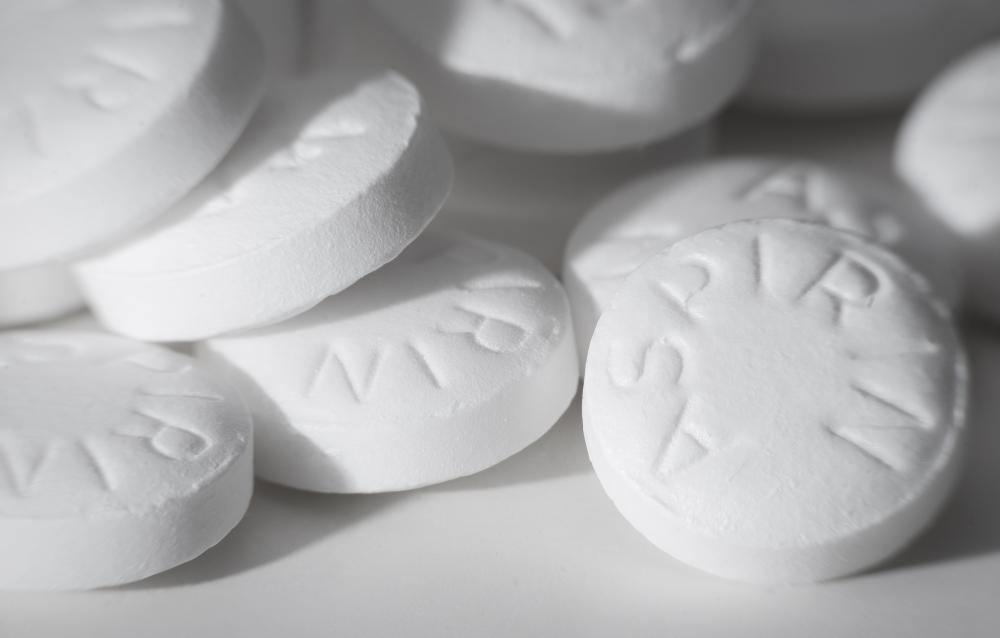At TheHealthBoard, we're committed to delivering accurate, trustworthy information. Our expert-authored content is rigorously fact-checked and sourced from credible authorities. Discover how we uphold the highest standards in providing you with reliable knowledge.
What is a Perforated Duodenal Ulcer?
A perforated duodenal ulcer occurs when an area of erosion eats right through the gut wall in that part of the digestive system leading from the stomach, known as the duodenum. The life-threatening condition known as peritonitis may follow, where inflammation and infection spread rapidly into the abdominal cavity affecting all the major organs. Someone with an ulcer usually has a history of indigestion, perhaps involving reflux, where stomach acid passes up into the throat. With a perforated duodenal ulcer, there may be sudden pain in the center of the chest, just below the breastbone. The pain spreads outwards to become more generalized abdominal pain and emergency surgery is generally required to repair the gut.
Perforated ulcers are mostly seen in older people and are often associated with an infection by bacteria called Helicobacter pylori, or H. pylori for short. Ulcers may also be caused by taking medicines that irritate the gut lining, such as aspirin. The lining of the duodenum, known as the mucosa, is normally protected from acid damage by the secretion of mucus and bicarbonate, whose production is increased by what are known as prostaglandins. Aspirin and similar non-steroidal anti-inflammatory drugs, or NSAIDs, inhibit the body's production of prostaglandins. H. pylori infection not only inflames the duodenal lining but also increases production of gastric acid by the stomach.

Diagnosing a duodenal ulcer early is important so treatment can commence, preventing a perforated ulcer from occurring later. Diagnosis can be difficult because some patients show no symptoms. Of those that do, symptoms include pain just below the breastbone, possibly extending to the back, together with feelings of hunger and belching or bloating. The pain typically occurs a couple of hours after a meal or during the night, and is relieved by food. Changes in the pattern of pain, the occurrence of weight loss and vomiting, or passage of dark blood in the stools are all signs that a complication such as a perforated duodenal ulcer may be imminent.

When an ulcer perforates the duodenal wall, it is a medical emergency. Leakage of stomach acid and bile into the abdominal cavity causes the cavity and its lining to become inflamed. After about 24 hours, infection sets in, possibly leading to sepsis, where the blood clots and blocks the supply to vital organs.
Typical sign of peritonitis will be present, including sudden severe pain below the breastbone, possibly accompanied by vomiting blood. The abdomen feels rigid like a board, with the abdominal muscles "guarding" by tensing when touched. If pain increases immediately after the abdomen has been pressed, this is a sign of peritoneal irritation, known as "rebound tenderness." Bowel sounds may disappear several hours after the pain begins, as the bowel ceases to function. Urgent surgical treatment is needed to wash out the abdominal cavity and mend the perforation.
AS FEATURED ON:
AS FEATURED ON:
















Discuss this Article
Post your comments